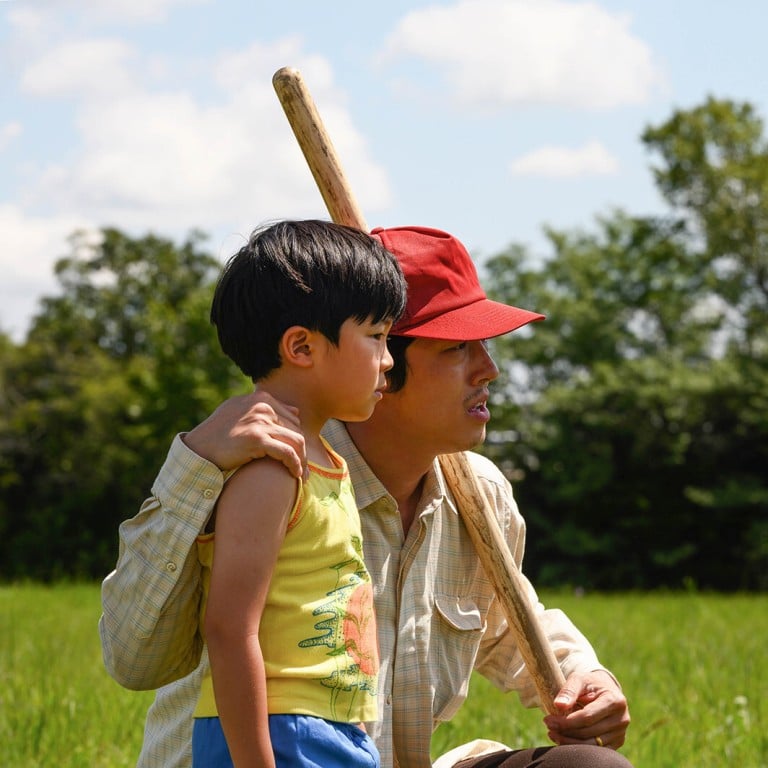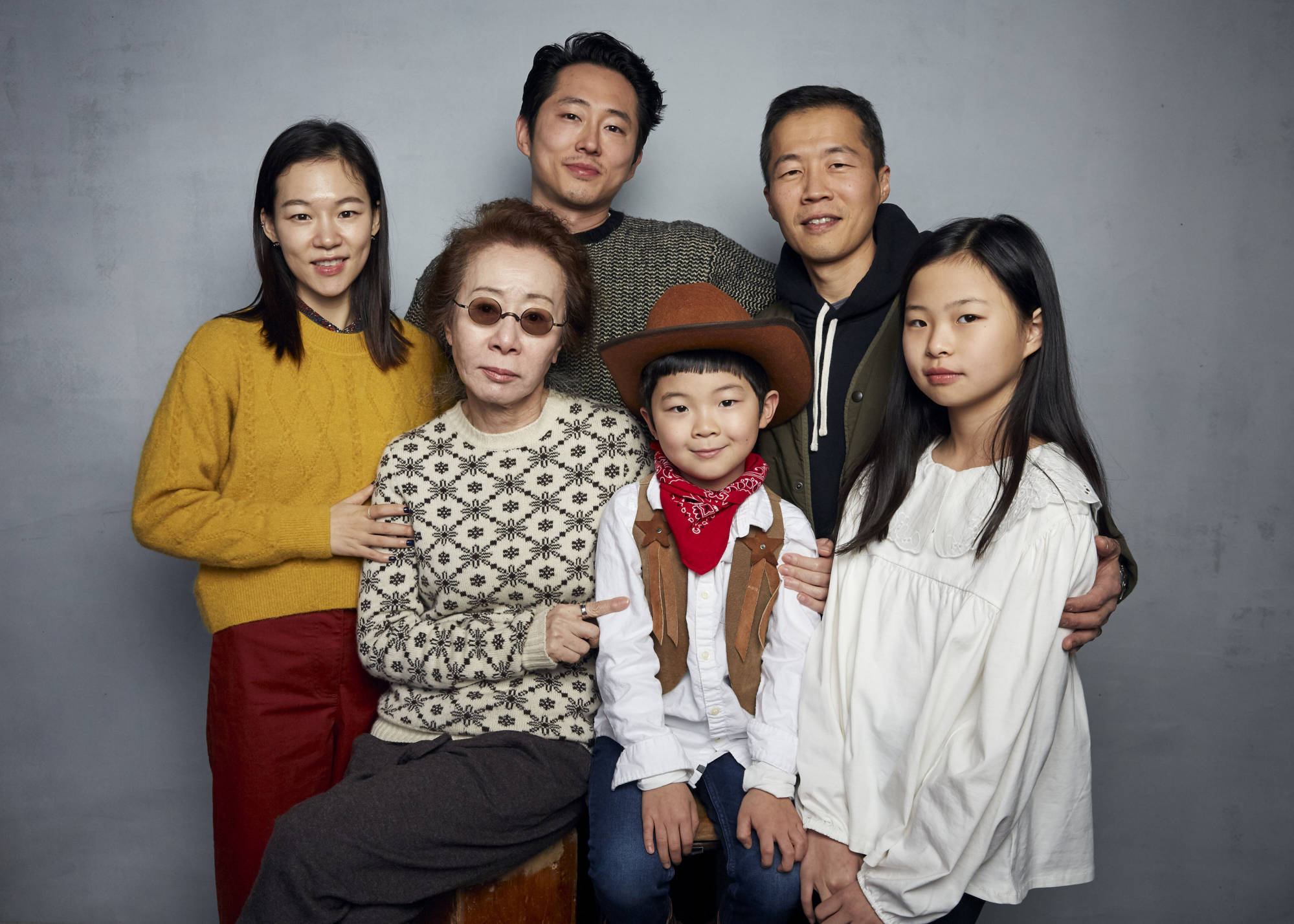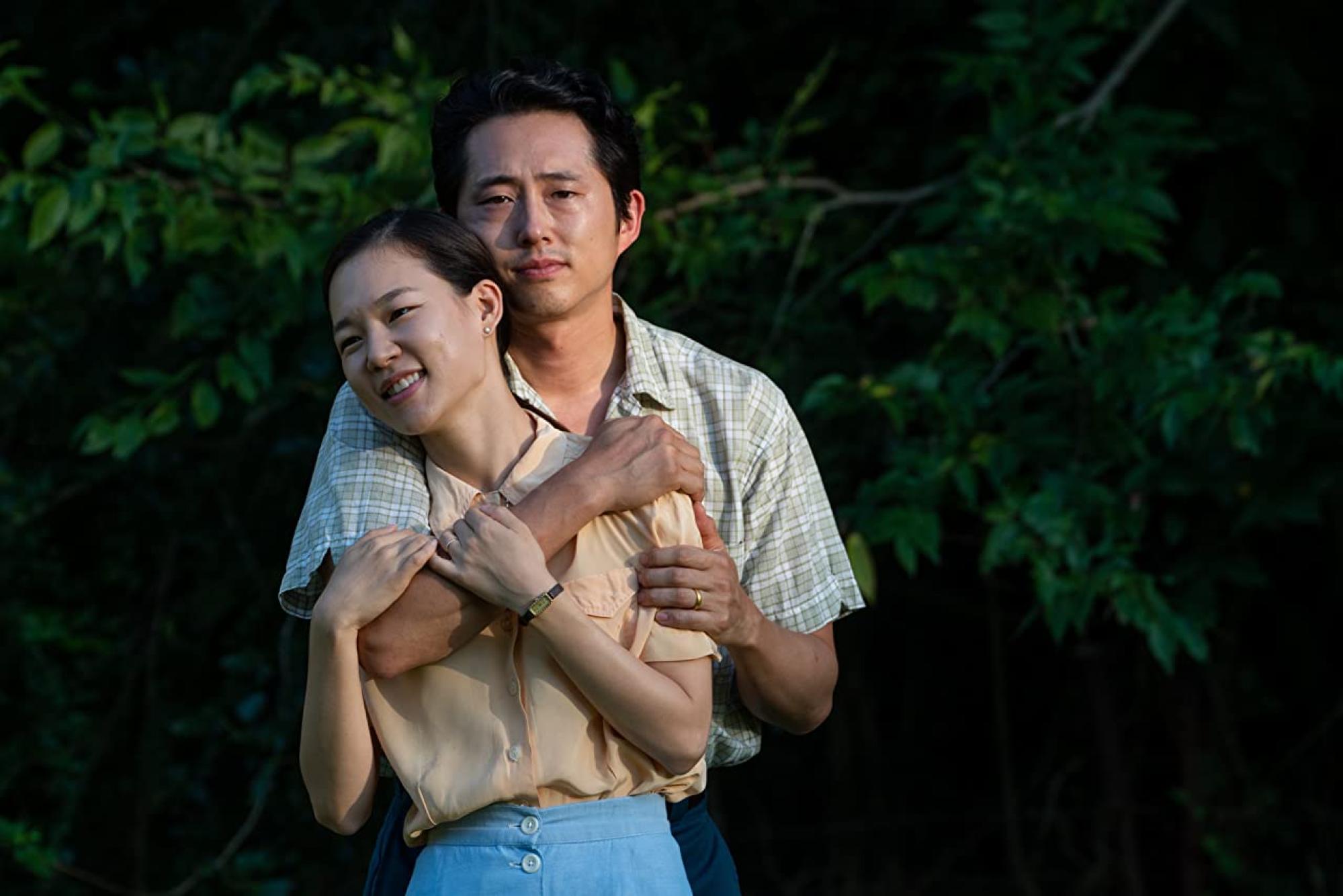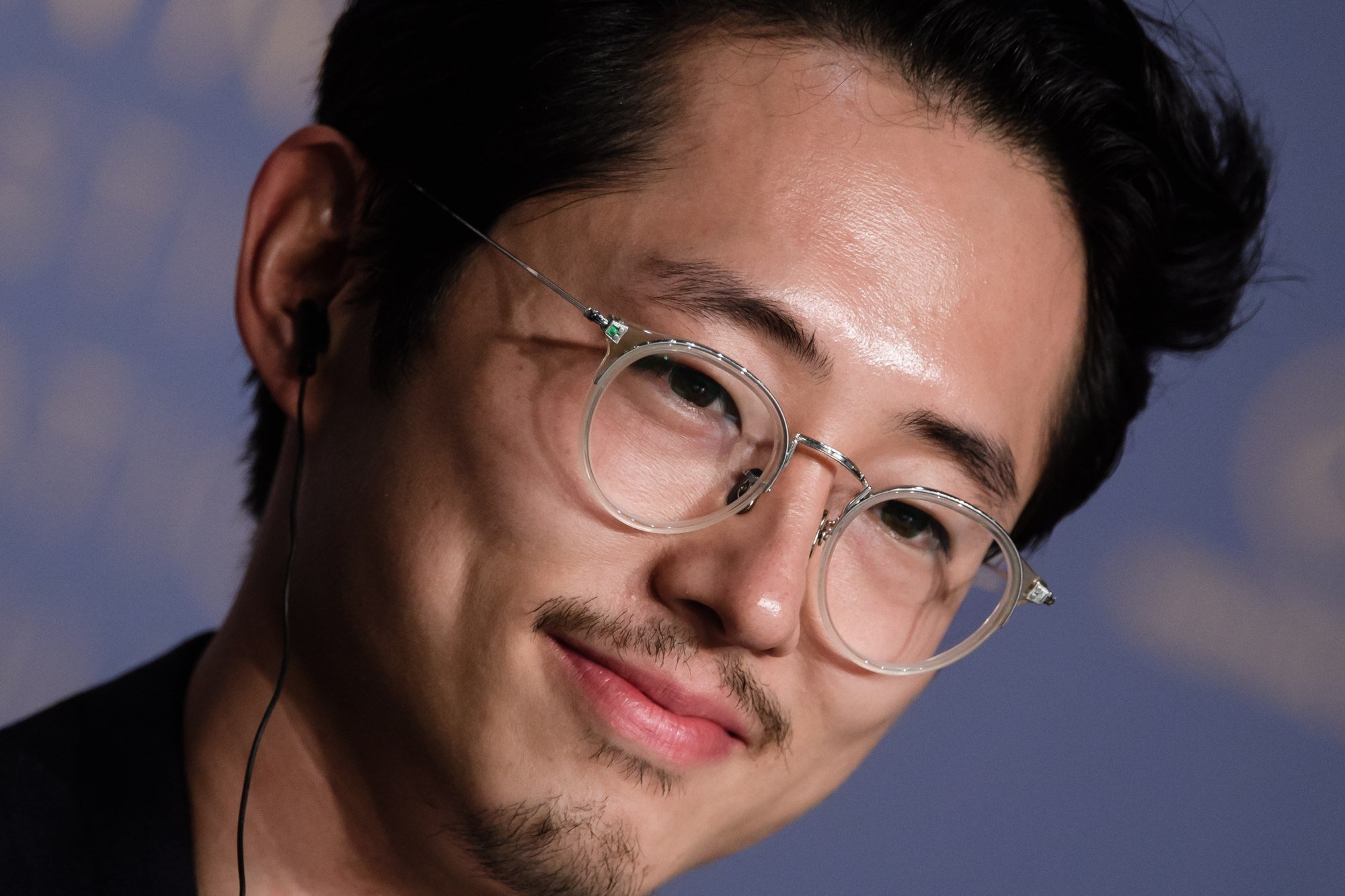
Asian grandmas, chilli and American racism: why Minari has Koreans in tears
- Lee Isaac Chung’s depiction of the often lonely path Korean immigrants must tread towards their American dream has won its stars Yuh-jung Youn and Steve Yeun Oscar nominations
- It has also hit a nerve with Korean-Americans, jolting their memories of their own experiences in a new – and not always welcoming – land
Being told by your furious father to bring your own whip that will be used to punish you, hating the “Korean smell” that derives from the garlic intensive food in your house, and lying on your mother’s thighs as she cleans your ears with an ear pick are all scenes from the Oscar-nominated movie Minari.
Yet despite her success, she revealed recently that her first son, a Korean-American, refused to watch the film because even a glimpse of the trailer was enough to make him cry – a reaction she said was common among the Korean community but that she didn’t “fully comprehend”.
Taking place in the US state of Arkansas in the 1980s, the film follows a Korean immigrant family of four who move to a farm in the countryside to chase their American dream. When the grandmother played by Youn arrives from South Korea to live with the family, she introduces them to South Korea’s version of poker and a Korean grandmother’s endearing love for her grandchildren.

Based on the childhood memories of the movie’s director, Lee Isaac Chung, the film depicts the strong work ethic and resilience of Korean immigrant parents and the often lonesome path to their American dreams.
“For me, it was the anchovies and chilli powder scene that got me [crying],” said Juwon Park, a business development manager at a law firm in New York City.
“I recently received a package from my mom and those items are sitting in my freezer right now.”
K-pop stars face scrutiny as bullying claims leap from sports world to entertainment
In the movie, the mother of the family – played by Ye-ri Han – breaks into tears when the grandmother shows her the anchovies and chilli powder she has brought from South Korea. Korean families in rural American towns rarely have access to Korean ingredients and most must drive hours to the nearest big city to get their hands on Korean food and goods.
“It’s not just what the grandmother brought with her, it was the effort and thought behind it that made the mother cry,” Park said.

“And this dynamic in the Korean culture, where the parents are always watching over their children no matter how old they get, never goes away.”
The mother in the movie also receives an envelope with money in the same scene as the anchovies and chilli powder.
“Shamefully at 37 years old, that still happens to me when I should be giving my mom allowances and taking care of her,” Park said. “There’s a constant sense of guilt.”
Park moved to America with her family at the age of seven because her parents wanted a better life for their children.

“The bank scene where the little boy is sitting with his dad as he’s getting a loan, and the banker says ‘you have your little helper here’ makes me remember when I went to the bank and post office with my parents because they weren’t confident in their English,” recalled Park.
Josh Hyun-ki Min could see parts of his childhood in the movie as well. Both his parents came to America “with very little” and met each other in a rural town in Georgia.
“My father’s first job was working on a cow farm while my mother took a factory job weaving denim,” the engineer, 41, said. “They married and a trailer was their first house, while my grandmother also came from South Korea to live with us for a while.”
After several failed business attempts, Min’s family moved to a larger city when he was in middle school. He said scenes in the movie that showed tension building between the parents as their respective “American dreams” began to clash chimed with his own family’s experience. Min said his parents had “different ideas on what they wanted in life which introduced arguments and difficult times in their marriage”.

“Eventually, one of their businesses worked out and it helped my sister and me through college,” Min said. “My parents often say that we are their success story.”
Asian-Americans rally as investigators say hate crimes charge ‘not off the table’
“However, there have been more accepting and caring people in my life than not,” he said. “My hope is that each generation grows and does better than the last.”
Many in the community hope that, much as the film has shone a light on their experiences of settling in America, it can also put a spotlight on the works of emerging talents in the South Korean film industry.

The Oscar nods for Youn and her co-star Steve Yeun – who is up for best actor – are an encouraging start.
Myungsun Pack, the head of Pancinema – the local distributor of Minari in South Korea – said movie fans were now re-examining the past works of some of the actors in the film.
Pack felt this could be a turning point for the industry.
“In the social media age, nothing can stop the interaction of people across the world,” said Pack. “There is an awakening against the white-dominated culture within Western countries, and people are increasingly turning towards the Asian culture that previously was hidden in the shadows of ignorance and indifference.”

